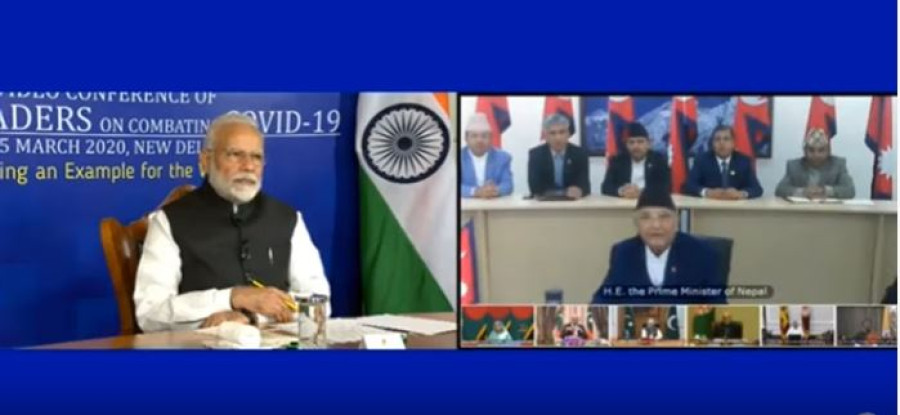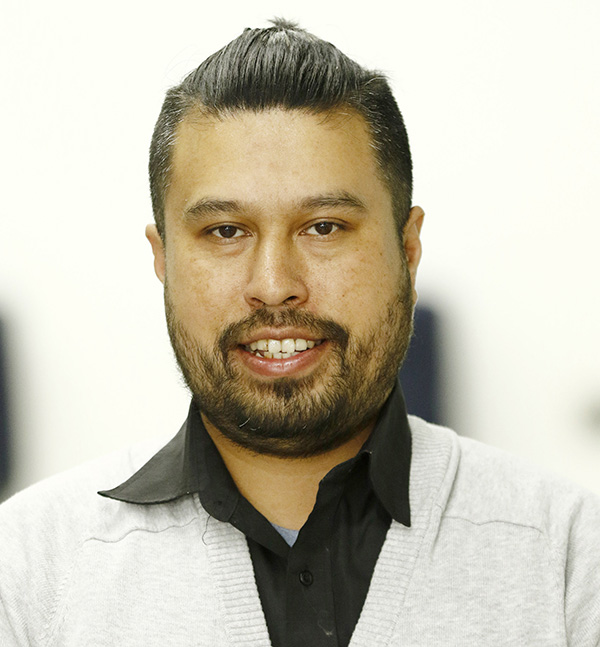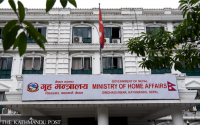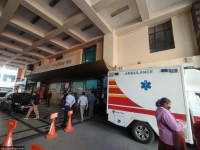National
Saarc leadership pledges cooperation and collaboration to fight the effects of Covid-19
Indian PM Modi had called for the meeting, via video conferencing, to formulate a strategy to fight the coronavirus outbreak
Samuel Chhetri
For the first time in over half a decade, SAARC members came together on Sunday to pledge cooperation and collaboration to fight the effects of the global outbreak of Covid-19.
With South Asia home to about one-fourth of the world population, coupled with the poor state of the region’s public health infrastructure, a large-scale outbreak of the disease could be devastating. In view of this, Indian Prime Minister Narendra Modi on Friday had called upon the leadership of all SAARC nations to chalk out a strong strategy to deal with Covid-19.
All heads of state, except for Prime Minister Imran Khan of Pakistan, participated in a video conference to share the status of the spread of disease in their countries and the measures they’ve undertaken to control and prevent further spread of the disease. Pakistan was represented by its health minister.
In his introductory address, Modi pointed out that India, which has so far reported the largest number of infections in South Asia, has been taking proactive steps to control the disease.
“India has started training medical staff, increasing the diagnostic capabilities of medical centres, and put in place protocols to manage the pandemic,” said Modi, “Rigorous screening, the establishment of quarantine centres and self-isolation have been advised to the general public.”
Modi also proposed the establishment of a Covid-19 emergency fund with voluntary contributions from member states to fight the pandemic. India offered $10 million for the fund, saying that any member state could avail of the funds.
“Rapid response teams of doctors and specialists with testing kits and other equipment are on standby and at your disposal,” said Modi.
India is also ready to organise online training for emergency response teams from across the region to work through an integrated disease surveillance portal, he said.
Modi also proposed using existing SAARC facilities, including the Disaster Management Centre, as a common platform to coordinate research on controlling epidemics within the South Asian region.
“The Indian Council of Medical Research can offer help coordinating such an exercise,” he said.
Prime Minister KP Sharma Oli, who was recently discharged from hospital following a kidney transplant, also presented the preventive measures that Nepal is taking to prevent Covid-19 outbreak, including the temporary halt to on-arrival tourist visas, an end to all spring mountaineering expeditions, including Everest ascents, and a halt to the issuance of labour permits.
Oli too professed his willingness to work with Modi and other SAARC countries in dealing with the pandemic and its consequences, not just on health but also on economy.
President Ibrahim Mohamed Solih of the Maldives pointed out the massive impact of Covid-19 on the nation’s tourism, which is one of the major contributors to the country’s GDP.
“The Maldives is facing revenue and foreign currency shortfalls,” said Solih, “SAARC nations will also feel the downturn of the tourism industry in the Maldives.”
Like the Maldives, Nepal’s economy is also largely dependent on the tourism sector. And the government’s decision on Thursday to suspend all on-arrival visas and mountaineering expeditions is expected to put around 20,000 tour, trekking and mountain guides out of job.
The ongoing Covid-19 outbreak had already led to cancellations in hotel and travel bookings since February but the decision has now sounded the death knell for Nepal’s spring tourism season, the most lucrative time of the year for the travel and tourism industry.
The hardest-hit sector will be Everest, where an entire economy, consisting of climbing guides, porters, hotels and lodges, subsists on spring mountaineering.
Afghanistan’s President Ashraf Ghani pointed out that the greatest challenge that Saarc member states face is the open borders. Ghani proposed providing medicines to poor and vulnerable groups, controlling the flow of people at border points and coordination with China’s Shanghai Cooperation Organisation.
Nepal has also taken measures to put a check on the flow of people entering the country from neighbouring India and China, with whom it shares 129 land crossing points. In a bid to screen people, the Ministry of Health and Population is preparing to set up health desks at 41 busy crossing points in view of the outbreak.
Bhutanese Prime Minister Lotay Tshering, Bangladesh Prime Minister Sheikh Hasina, Sri Lanka President Gotabaya Rajapaksa and Pakistan’s Minister of State for National Health Services Regulations and Coordination Zafar Mirza also presented their nation’s status regarding the coronavirus outbreak.
The proposal mooted by Modi on Friday raised hopes for reviving the ailing bloc a number of leaders from Afghanistan, Bhutan, Nepal, the Maldives and Sri Lanka, quickly responded to the call, hailing it as positive and terming it as an opportunity to resuscitate the stalled SAARC process.
While others including some analysts were more circumspect given the Indian prime minister’s past actions regarding the regional bloc.




 8.85°C Kathmandu
8.85°C Kathmandu














